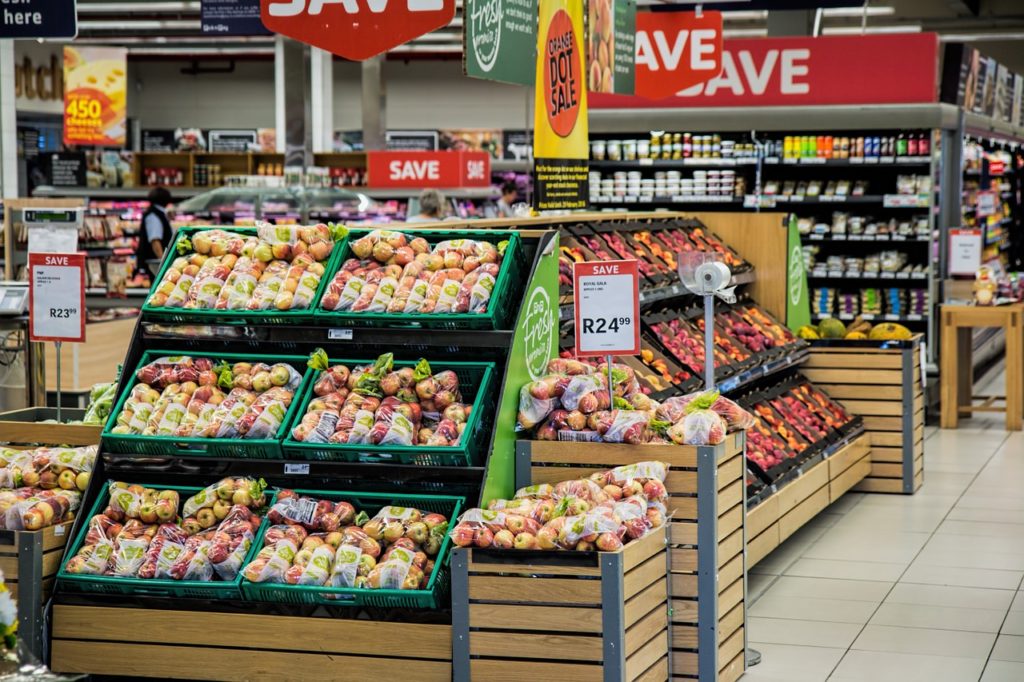Chances are you have a go-to grocery store that you use on a regular basis to purchase the foods you feed your family with. And, while most people think about food safety when it comes to restaurants, the truth is, food safety is an issue in all food establishments – grocery stores included.

In order to keep your family safe, grocery stores are held to very strict standards when it comes to food safety. This is especially true since grocery stores tend to offer a large variety of foodstuffs for people to consume. There are a few things that grocery stores can do to keep your food safe. For example, when freezing food, they should make sure that they have proper industrial freezer doors (like the ones provided by Weiland Doors). If food is meant to be frozen, then the grocery store should do everything they can to make sure they stay frozen. It doesn’t just end there though, there are plenty of other things that grocery stores can do.
Take a look at some of the most common food safety risks that may exist at your local grocer so that you can ensure the place you purchase your food from is compliant with food safety laws and is not making your family ill.
1. Poor Hygiene
Just like those working in restaurants, employees of grocery stores must make sure they are following proper hygiene practices. And, this does not just apply to those preparing foods or stocking products such as live produce on shelves.
All employees of grocery stores should avoid things like:
- Smoking around food items
- Failing to wash hands after using the restroom
- Working with open wounds or cuts
- Touching the hair or face
- Eating while working
- Working while ill with infectious diseases, vomiting, or diarrhea
As you can see, all of the above can threaten the safety of your food items at the grocery store.
2. Improperly Handled Hot Foods
It is likely your grocery store prepares and sells some sort of hot food. And, there is a good chance your family loves that food, or at the very least eats it when life becomes busy.
Just as any restaurant should, your grocer should follow the rules when it comes to preparing and serving hot food to the public. This means not cross-contaminating foods, monitoring expiration dates, and taking proper temperature measurement to ensure foods like chicken are cooked thoroughly before serving them.
3. Raw Food Contamination
The butcher at your local grocer handles raw foods on a daily basis. So does the produce manager. And, just like a restaurant, there are strict protocols that must be followed when handling raw food.
Cross-contamination is a huge problem in the restaurant industry, and has the potential to make customers very ill. The same holds true in grocery stores.
Here are some of the top ways your raw foods become contaminated in the grocery store:
- Raw meat and fish that is improperly stored or handled transfer diseases to other food items
- Open products such as produce that is touched by people looking for the best ones and placing the ones they don’t like back
- Produce that is eaten raw and grows in the ground, if not properly washed, can be contaminated from the ground, or simply the transfer process from farm to store
It is crucial you do your best to shop at a grocery store that follows the right procedures when it comes to handling raw foods. In addition, make sure you wash all fresh fruits and vegetables before serving them to your family, just in case.
Although it may seem out of the ordinary, you have a right to ask your grocery store’s manager about the food safety best practices they have in place. After all, your family is consuming the foods they sell, prepare, and serve.
